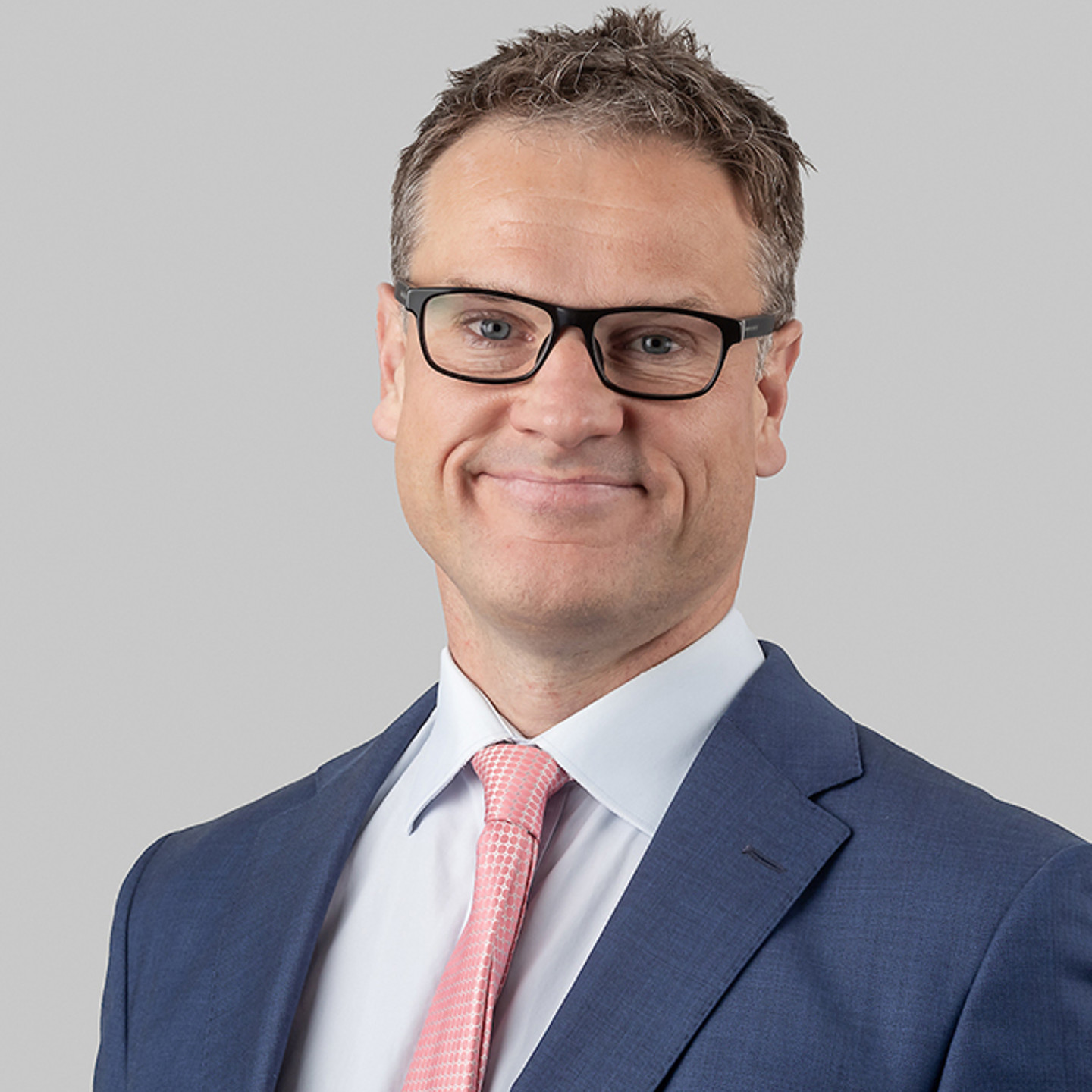
James Campbell
Partner | Legal
Jersey

James Campbell
Partner
Jersey
Big things are happening at Ogier. Change is embedded in everything we do. It is redefining our talent, our ways of working, our platforms of delivery, our culture.
Services
We have the expertise to handle the most demanding transactions. Our commercial understanding and experience of working with leading financial institutions, professional advisers and regulatory bodies means we add real value to clients’ businesses.
Sectors
Our sector approach relies on smart collaboration between teams who have a deep understanding of related businesses and industry dynamics. The specific combination of our highly informed experts helps our clients to see around corners.
We have the expertise to handle the most demanding transactions. Our commercial understanding and experience of working with leading financial institutions, professional advisers and regulatory bodies means we add real value to clients’ businesses.
Legal
Corporate and Fiduciary
Consulting
Banking and Finance
Corporate
Dispute Resolution
Employment law
Intellectual Property
Investment Funds
Listing services
Local Legal Services
Private Wealth
Property law
Regulatory
Restructuring and Insolvency
Tax
Banking and Finance overview
Asset Finance
CAYLUX Fund Finance
Debt Capital Markets
Derivatives
Fund Finance
Islamic Finance
Leveraged Finance
Listing services
Real Estate Finance
Regulatory
Restructuring and Insolvency
Structured Finance
Sustainable Finance
Corporate overview
Economic Substance
EIIS Services in Ireland
Equity Capital Markets
Insurance and Reinsurance
Listing services
Mergers and Acquisitions
Private Equity
Real Estate Structuring, Acquisitions and Disposals
Regulatory
Technology and Web3
Dispute Resolution overview
Banking Disputes
Corporate and Financial Services Disputes
Crypto Disputes
Enforcement of Judgments and Awards
Fraud and Asset Tracing
Funds Disputes
Insurance Disputes
International Arbitration
Regulatory
Restructuring and Insolvency
Section 238 Shareholder Appraisal Rights
Shareholder and Valuation Disputes
Trusts Disputes and Applications
Investment Funds overview
Hedge Funds
Managers and Sponsors
Private Equity
Real Estate, Infrastructure and Energy Funds
Regulatory
Sustainable Investing and Impact Funds
Technology and Web3
Local Legal Services overview
Cayman Local Legal Services
Channel Islands Local Legal Services
Ireland Local Legal Services
Employment law
Estate Planning, Wills and Probate
Expat services
Family Office
Intellectual Property
Make your Guernsey will online
Make your Jersey lasting power of attorney online
Make your Jersey will online
Notary public services
Relocating your business
Relocating your family
Property law
Accounting and Financial Reporting Services - Ogier Global
Cayman Islands AML/CFT training - Ogier Global
Corporate Services - Ogier Global
Debt Capital Markets - Ogier Global
Fund Services - Ogier Global
Governance Services - Ogier Global
Investor Services - Ogier Global
Ogier Connect - Ogier Global
Private Wealth Services - Ogier Global
Real Estate Services - Ogier Global
Regulatory and Compliance Services - Ogier Global
Our sector approach relies on smart collaboration between teams who have a deep understanding of related businesses and industry dynamics. The specific combination of our highly informed experts helps our clients to see around corners.
Ogier provides practical advice on BVI, Cayman Islands, Guernsey, Irish, Jersey and Luxembourg law through our global network of offices across the Asian, Caribbean and European timezones. Ogier is the only firm to advise on this unique combination of laws.
Keep up to date with industry insights, analysis and reviews. Find out about the work of our expert teams and subscribe to receive our newsletters straight to your inbox.
Fresh thinking, sharper opinion.
We get straight to the point, managing complexity to get to the essentials. Our global network of offices covers every time zone.
No Content Set
Exception:
Website.Models.ViewModels.Components.General.Banners.BannerComponentVm
News
10 March 2020
This article first appeared in Connect magazine, Jersey.
Impact investing, ethical investing and climate change concerns are increasingly part of the conversation when considering investments and, as investment trends, they are now having an impact on trustee decision-making.
Requests by beneficiaries that factors such as climate change be taken into consideration, or that certain industries be excluded because of their environmental impact, when investing a trust's assets can bring challenges for trustees.
While it is relatively straight forward to include investment parameters when establishing a trust, the issues are more difficult when the trust is already established and trustees have full investment powers.
Trustees have a duty to act prudently, with appropriate skill and care and in the interests of beneficiaries when considering investments. They need to ensure that they are not influenced by their own moral considerations; but how should they deal with beneficiaries' moral considerations?
Trustees are sometimes able to take into account beneficiaries’ moral wellbeing when considering whether a distribution is for the ‘benefit’ of that beneficiary, so could a similar analysis be applied to investments?
Could it be argued that a loss of investment return can be offset by an increase in ‘social wealth’? This would seem difficult, but could this be an area for challenge in the future? Consideration also needs to be given to how beneficiaries’ wishes might change. Concern over the impact of investments on climate change, for example, may alter with developments in technology. The considerations are also highly subjective factors and it is unlikely that all beneficiaries will have the same view about which investments are acceptable from a moral or social perspective.
Trustees can make ‘ethical’ investments, but the usual considerations would still apply. Such investments, for example, may be considered good long-term investments, with some more traditional industries viewed as having a reputational risk or diminishing value as environmental laws change. Depending on the type of investment, it could be viewed as more speculative, and a limited proportion of the trust fund invested. However, beneficiaries may not be happy with the larger proportion still being invested in a way they consider morally unacceptable.
There are no easy solutions, and trustees’ jobs will be complicated further if individual beneficiaries disagree about investment priorities. If a trustee is faced with only a few beneficiaries wishing to make certain types of investment, should they then be looking to split the trust? Again, this is difficult for trustees as it may well not be considered as being in the beneficiaries’ interests to do so.
This area is likely to become increasingly difficult for trustees as the profile of such issues increases. The law in this area may develop. However, at present, trustees do need to consider investment performance and not just ‘moral’ considerations.
There may be alternative mechanisms to consider, such as shareholder pressure to change the environmental profile of certain industries. Trustees may need to keep adapting and be prepared to listen to their beneficiaries in order for both parties to understand the issues facing the other.

James Campbell
Partner | Legal
Jersey

James Campbell
Partner
Jersey
Sign up to receive updates and newsletters from us.
Sign up
No Content Set
Exception:
Website.Models.ViewModels.Blocks.SiteBlocks.CookiePolicySiteBlockVm
